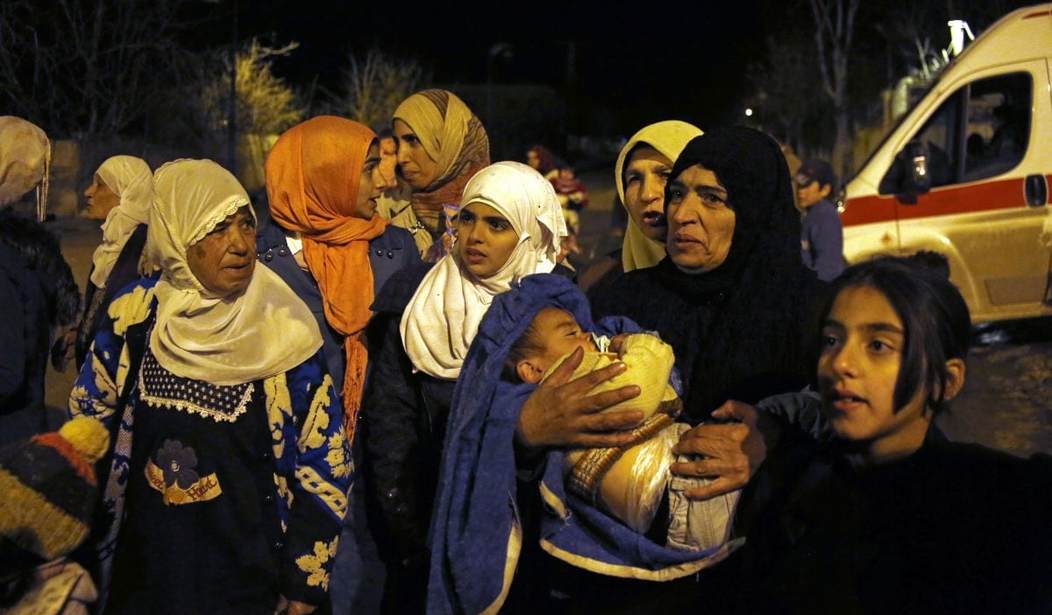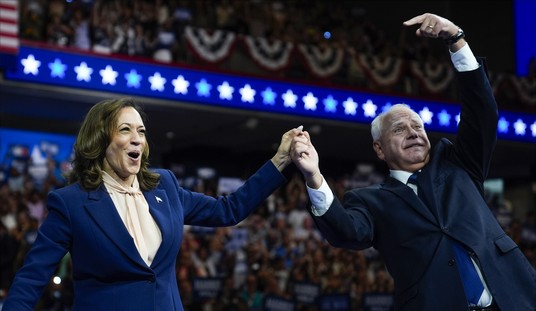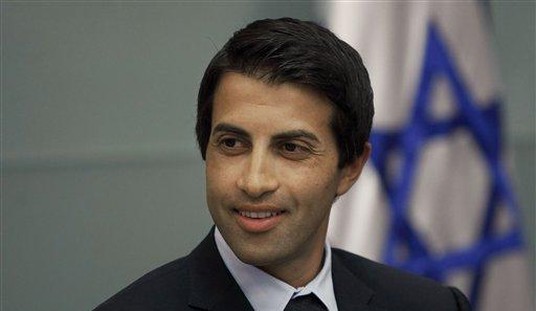An EU deal to limit migration from North Africa to Europe collapsed before the ink was dry, as pressure by populist governments and political parties made implementing the deal impossible.
In truth, the agreement papered over the monumental differences between Europe’s two largest powers, France and Germany, and the rest of the EU. The Germans especially are anxious to get some kind of continent-wide agreement that would save the government of Chancellor Angela Merkel, whose coalition is fracturing over the migrant issue. But after the marathon meeting in Brussels, the emptiness of the agreement’s major elements became clear.
It’s a ludicrous situation which only the EU could produce. While the paper-thin agreement clarifies that EU states will establish migrant holding facilities for new migrants traveling from North Africa across the Mediterranean Sea, it doesn’t explain how. As the BBC notes, “The [migrant] centers are meant be set up by EU states on a voluntary basis, but there are no details on which nations might host them or take in refugees.”
What a shock.
When one considers European politics, it’s not hard to understand what’s going on here. Put simply, the big two powers — France and Germany — are caught between their desire for greater EU integration and rising nationalist populists elected by voters who believe their interests are being jeopardized by EU policies.
Most obviously, Italians just elected a government deeply opposed to further immigration. That is a particular problem for German Chancellor Angela Merkel because her government rests on the support of a junior coalition partner, the CSU party. And the CSU is demanding Merkel turn away migrants who have previously been registered elsewhere in Europe — which, with Germany deep inside continental Europe, is the vast majority of migrants.
Unfortunately for Merkel, one of the top first registration locations, Italy, isn’t willing to play ball. The Italian interior minister, Matteo Salvini, just told the magazine Der Spiegel that he has no interest in backing down (the article photo of Salvini tells you all you everything about how Salvini views Merkel’s predicament).
Salvini said, “NGO ships will only see Italy on postcards,” alluding to Italy’s firm stand not to accept ships full of migrants under any conditions. The deal is supposed to deter migrants from even leaving Libya, their main point of embarkation for Europe.
Camps in Libya and other North African countries are supposed to have such a deterrent effect that African migrants don’t even attempt to reach Europe via the Mediterranean in the first place. This strategy resembles the agreement with Turkey. In the Aegean, the prospect of no longer being able to leave the Greek islands has resulted in fewer asylum-seekers and migrants paying traffickers, boarding unseaworthy boots and reaching the EU. Deterrence is the order of the day – and it’s nothing new. What’s new is that is the euphemism for it: “regional disembarkation platforms.”
The EU wants to strengthen its partnership with Libya of all places, where migrants face exploitation and torture. The Libyan coast guard, already receiving EU support, will in future be responsible for fishing migrants out of a much larger area of the Mediterranean. The objective is clear: People who’ve put themselves in danger at sea will be sent back to where they came from. Another way to put it: deterrence.
This is a situation that has been forced on Merkel, and Macron to a lesser extent, by the growing strength of nationalist parties in Germany and France.
And the German chancellor? Angela Merkel reached very little with regard to the political crisis gripping Germany. If Germany rejected asylum-seekers at the border – like her interior minister, Horst Seehofer, wants – then Austria would send them on over to Italy and close its own borders. Merkel hasn’t yet reached any bilateral agreement on how things should proceed. She’s moved toward the isolationist course of the remaining leaders at the summit to at least be able to talk about a “European solution.” For the first time in a long time, Merkel didn’t take the reins at an EU summit. Whether that suffices to reach a truce with her Bavarian sister party, the CSU, is questionable.
The summit gave the German chancellor few practical solutions. But the EU realized once again that certain issues debated through the night – for example, the problem of an “invasion,” the “pressure straining the borders” – were only in the heads of populist governments and their increasingly xenophobic supporters. The number of migrants heading for Europe has dropped by 95 percent compared with 2015, according to the summit agreement. The question is how to prevent the remaining 5 percent from entering the EU.
It appears that the populists and nationalists have already won. All that remains is to see which open borders politicians are able to adapt and survive and which will end up in the dustbin of history.










Join the conversation as a VIP Member